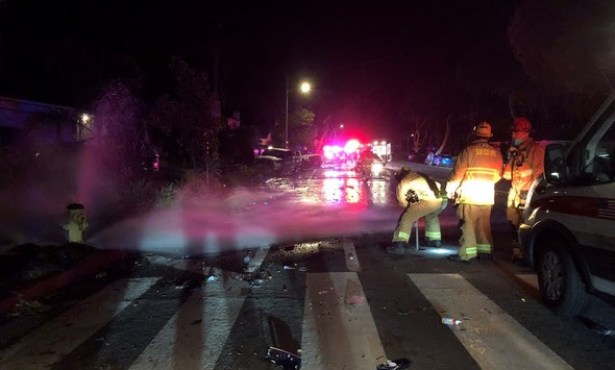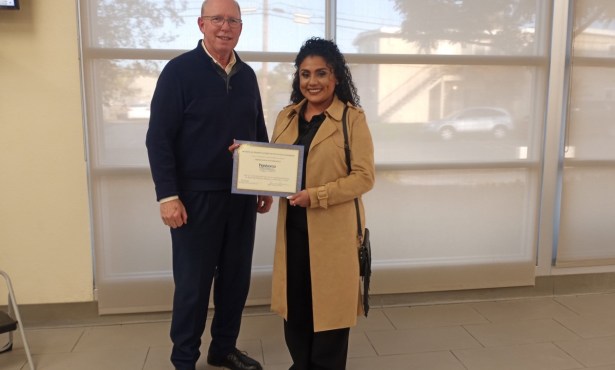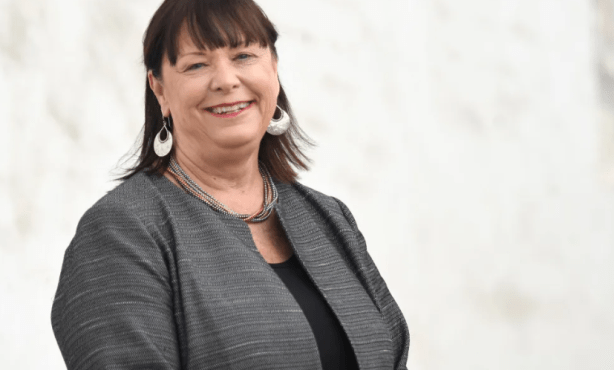Acceptance of Benefits Could Prevent Immigrants From Permanent Residency
Federal Government Proposes Rule Change to ‘Public Charge’

Immigrant families may soon have to choose between enrolling in federal housing, health, and nutritional programs or being eligible for lawful permanent residence. On October 10, the Trump Administration proposed a rule change to the ‘public charge’ immigration policy to expand public services. The United States Citizenship and Immigration Services (USCIS) can deny an individual permanent residence if they are likely to become a ‘public charge’ or, in other words, “primarily dependent on the government for subsistence.” Currently, benefits that are subject to public charge consideration are limited to public assistance for long-term care and public cash assistance (also known as Supplemental Security Income), Temporary Assistance for Needy Families, and state or local cash assistance programs for income maintenance.
The proposed policy changes would expand benefits that are considered for public charge to include past and current use of Medicaid, the Supplemental Nutrition Assistance Program, Section 8 housing assistance, and low-income subsidy for the Medicare Part D prescription drug benefit. While benefits received by family members of the immigrants will not be considered, critics of the proposed change worry it will lead families to withdraw their children from benefits out of fear it will penalize them during immigration considerations. “This is a clear attack on immigrant families and puts in danger the health and safety of families and children,” said Lucas Zucker, policy and communications director of Central Coast Alliance for a Sustainable Economy.
The California Academy of Family Physicians released a statement expressing deep concern and opposition to the proposed rule. Review of medical expenditures by the California Health Care Foundation found that nationwide 4.8 million children in need of medical attention lived in households with at least one noncitizen adult and were insured by Medicaid or the Children’s Health Insurance Program. In Santa Barbara County, 48 percent of children live in households with at least one foreign-born parent.
“No parent should be afraid to utilize services they are legally entitled to out of fear that it will be used against them in their green card applications,” said Congressmember Salud Carbajal. “Many of the children benefiting from these programs are U.S. citizens and this cruel policy sacrifices their wellbeing in order to achieve the Administration’s ultimate goal of cutting down on legal immigration.”
The 60-day public comment period for the expansion of public charge is open until December 10.



